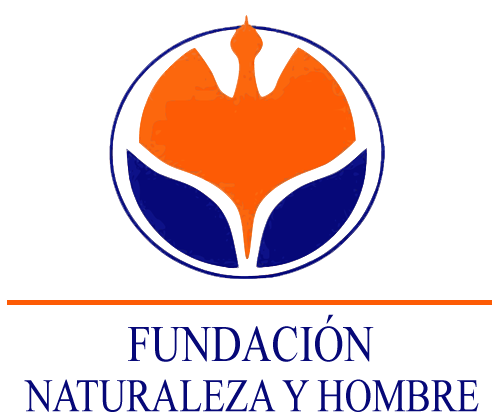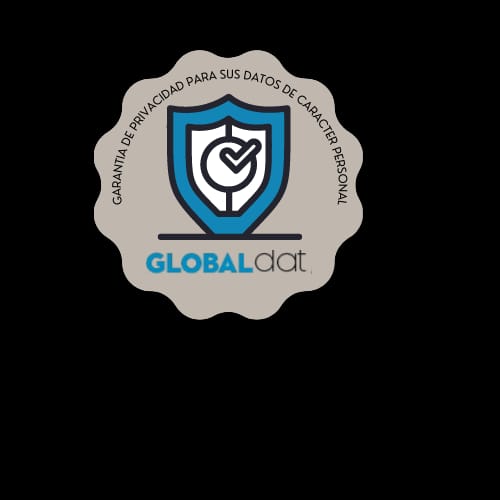De-intensification of the Reserve
The estate was subject only to livestock farming in recent years. Thanks to the actions taken, it has become a committed space with nature conservation as preferred use, being other activities subordinated to the first.
The effects of the cessation of plowing the estate have caused a progressive enrichment of the flora and of the lepidopteran community and it has made possible the recovery of certain species of reptiles whose increase has been clear and evident.
Natural pollinators have recolonized all habitats because of having no artificial competitors. Wasp nests have proliferated profusely. Amphibians have experienced the same phenomenon with more diversity in species and abundance.
Campanarios has become a refuge for hunting, where after several years without hunting activity, species have increased exponentially. Wood pigeon has multiplied by 20 its wintering effective, Granada hare population has tripled and wild boar, Sus scrofa, has increased its presence throughout the reserve, just as roe deer, Capreolus capreolus.
Conservation actions:
In recent years, a hard work on the recovery and conservation of ecological values presented in this reserve has been developed through the implementation of a series of actions designed to:
- Management in an integral-active way. With direct benefit on species with high dispersing efficiency (birds, insects and plants).
- Improve transversal permeability for species.
- Create a reserve free of intensive uses and not subjected to hunting: creating a breeding area and a refuge for species and a biodiversity source for the rest of the great site Natura 2000 Network.


Los comentarios están desactivados.